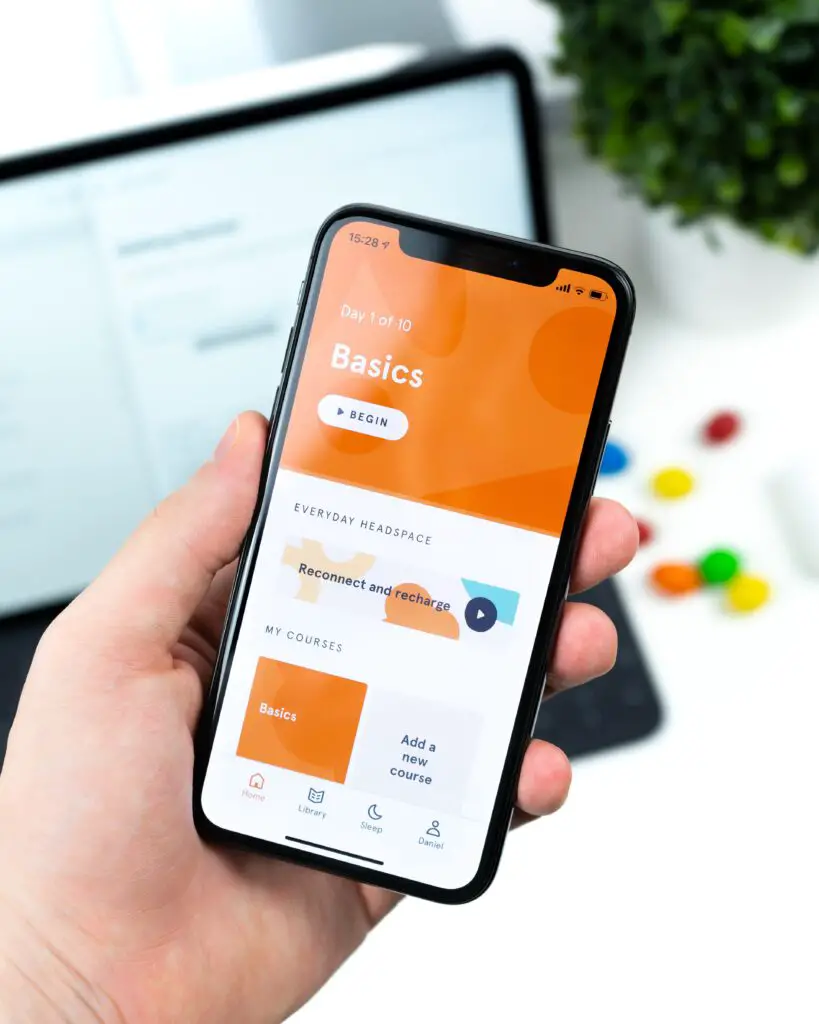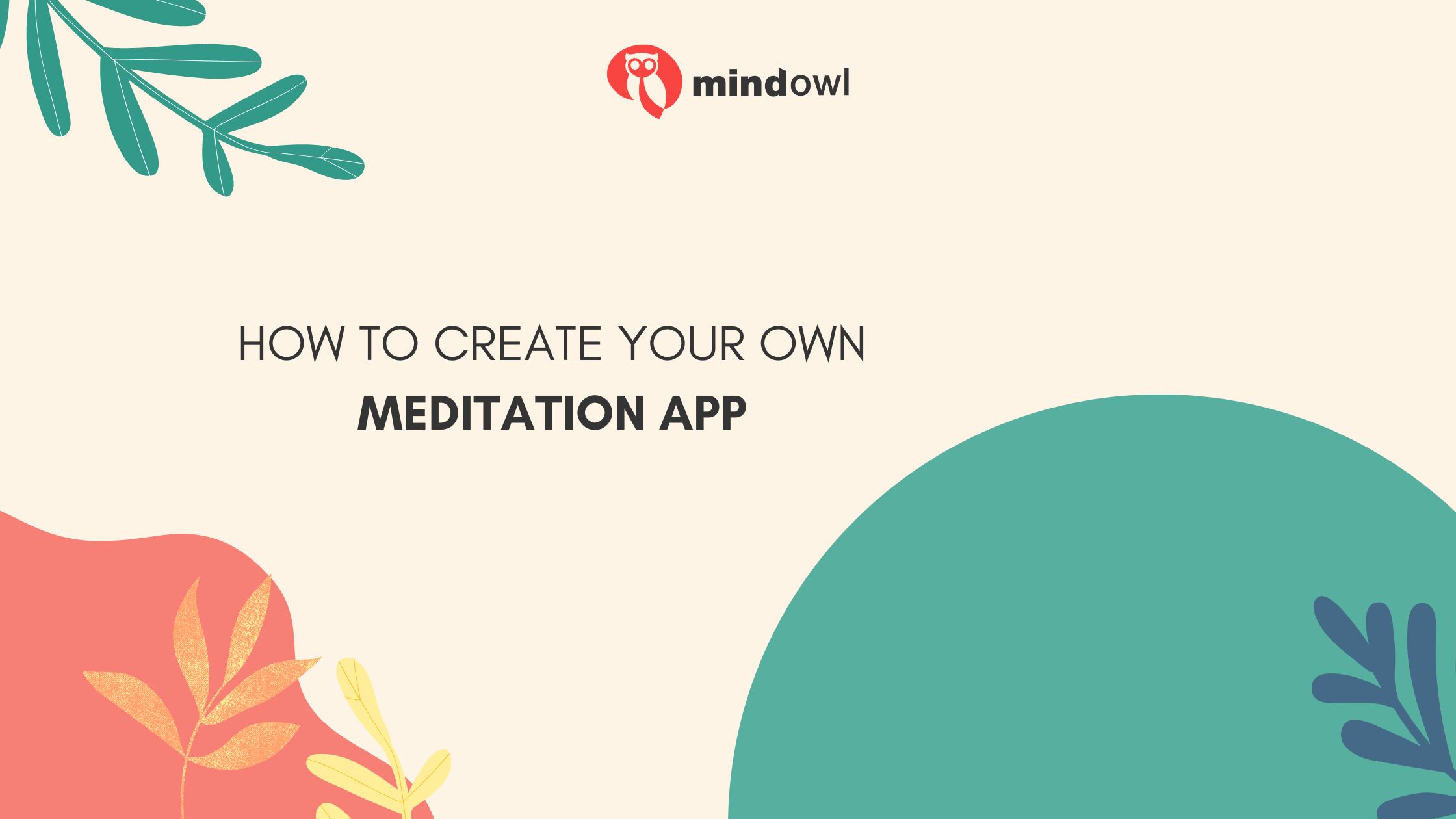One of the most effective techniques to unwind and concentrate on what matters is meditation. Many internet tools are available to people to assist them in learning how to meditate and determine whether it is effective for them. If you want to learn how to create your own meditation app, including the features needed, it will all be covered in this article.
Why do your customers need a meditation app?
How to make a meditation app? This app offers tools and guided meditation techniques to assist users in learning and practicing meditation. These applications often include a range of practices, including breathing exercises, loving-kindness, mindfulness, and body scan. They could also have components that promote relaxation and concentration, such as ambient music, soothing noises, and visual signals. Meditation applications are made accessible and simple to use, and many of them provide personalized programs based on the user’s objectives and level of expertise. They may be used on PCs or mobile devices; some even include wearable technology to measure biometric information like heart rate variability and sleep habits.
Key features
- Timer
Users may set a precise time limit for their meditation session using this helpful function. The timer guarantees that users don’t get sidetracked by monitoring the time and assists them in staying on task.
- Offline accessibility
With this function, users may download content for offline usage, including guided meditations.
- Notifications
These will serve as daily reminders for users to meditate daily.
- Tracking the daily progress
Users can keep track of their development over time and see how their meditation technique is developing.

How to make a meditation app
Choose the type of app you want and your target audience
Identifying your target user group should be your first priority when developing your meditation application. This will help you select the appropriate app type and establish your marketing plan. Although different alternatives have been discussed, you can also pick something more particular. For people who suffer from PTSD, you can concentrate on anxiety-relieving meditations or compile calming music for office employees. For individuals seeking relaxation amid their daily routines, consider incorporating features that allow them to edit videos with ease, providing a holistic experience within your meditation application.
Do detailed research on your potential rivals
A flourishing market requires competition; therefore, you should know your competitors to guarantee a spot for your software. What they provide to the public, which the app is intended for, why people enjoy them, and what users wish to add or modify are some things to be mindful of. You may use this information to decide on the features to add to such applications and how to draw consumers in an educated manner.
Hire a team of developers
After completing the first two phases, you may start looking for an app development team to assist you in building a meditation app. Along with the team’s location and hourly pricing, you should consider their degree of experience and client testimonials. All of this will enable you to decide if they match your project well.
Design
Since there is a lot of competition in the market for meditation apps, you can start with a minimal viable product (MVP). This only provides the essential functions that explain how your product helps users. If the response is positive, you may keep improving it until it becomes a complete application. If it is inadequate, you must evaluate the idea and correct your errors before trying again.
API integration
You can utilize the manufacturer-provided APIs to finish this step for your meditation app development. For instance, you can utilize Wear OS’s APIs to link your app with wearable technology since its OS is widely used.
Testing the product
QA engineers check that every component of your solution functions properly during this phase. This comprises the coding, the design, the performance as a whole, the loading time, and other crucial components.
App launch and support
Maintenance work begins after your app’s first launch. You must release important updates and assist users in resolving technical problems. Additionally, despite the QA team’s best efforts, users usually discover one or two additional defects and are responsible for promptly repairing them.
Conclusion
Meditation mobile app development can be a fulfilling activity that allows people to apply mindfulness techniques to their daily lives. App developers can create a tailored app that appeals to their target market by being aware of the essential elements consumers seek. Now you know how to make a meditation app too. Just dare; that’s worth it!
MindOwl Founder – My own struggles in life have led me to this path of understanding the human condition. I graduated with a bachelor’s degree in philosophy before completing a master’s degree in psychology at Regent’s University London. I then completed a postgraduate diploma in philosophical counselling before being trained in ACT (Acceptance and commitment therapy).
I’ve spent the last eight years studying the encounter of meditative practices with modern psychology.

